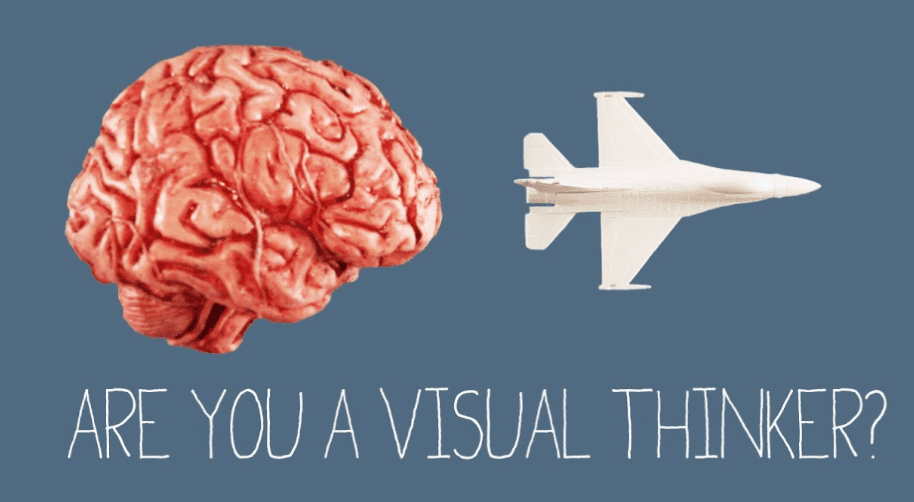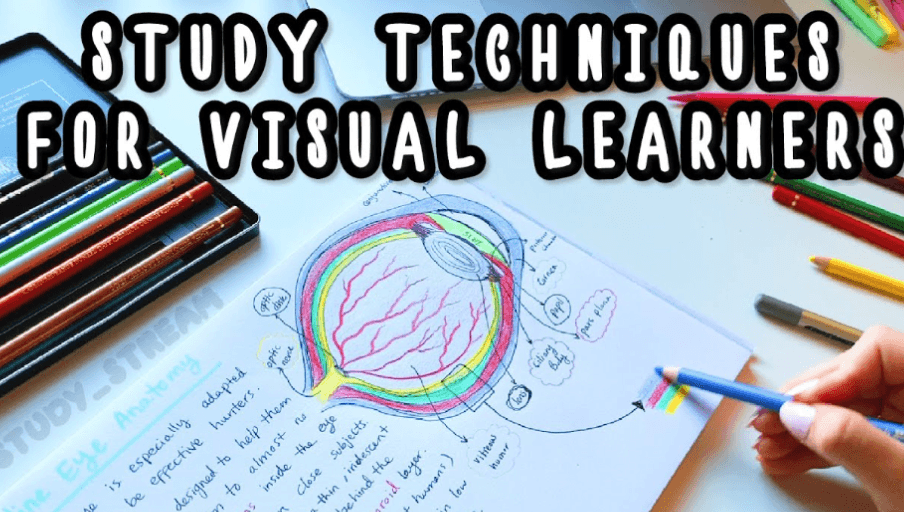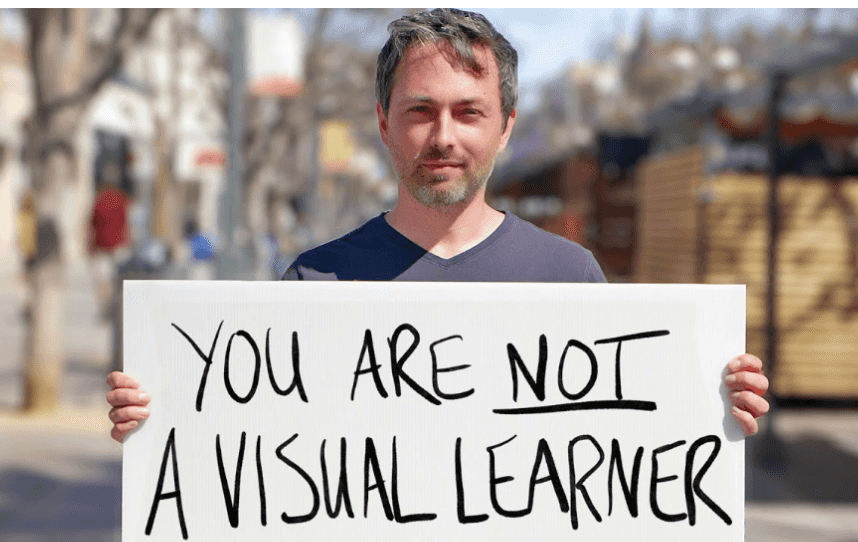
American summer tour! Wooclap will be at InstructureCon 2025
Come say hi at booth 41 from July 22nd to July 24th in Spokane, Washington
What is a Visual-Spatial Learning Style?
📌 Visual-spatial learning style is a popular but scientifically unsupported concept in education. It suggests some people learn better through images and spatial relationships rather than words or step-by-step instructions. According to this theory, these learners think in pictures, creating mental images and seeing patterns rather than processing information linearly.[1][2][3].
🧠 CHARACTERISTICS: Proponents of this theory claim visual-spatial learners have specific traits such as strong pattern recognition, creative problem-solving, and ability to understand complex systems intuitively[1][3]. Advocates suggest these individuals grasp the "big picture" before details, perform well in spatial reasoning tasks, and have excellent visual memory[1][3][4]. Some supporters have labeled historical figures like Leonardo da Vinci, Albert Einstein, and Temple Grandin as visual-spatial thinkers, suggesting their innovations came from visualization abilities[6][7][8].
🔮 APPLICATIONS: This learning style is particularly effective in fields requiring three-dimensional thinking, creativity, and systems understanding. Visual-spatial learners often excel in mathematics (especially geometry), science, engineering, art, architecture, and technology[9][10][11]. Professional environments that incorporate hands-on activities, visual models, simulation technology, and creative problem-solving provide optimal conditions for visual-spatial thinkers to flourish[12][13].
🏫 EDUCATIONAL ADAPTATIONS: Advocates suggest that traditional classrooms present significant obstacles for those they identify as visual-spatial learners[2][5][8]. They recommend educational approaches that include visual aids (diagrams, mind maps, videos), emphasize hands-on experiences, teach holistically rather than sequentially, and encourage creative expression[15][16][17]. Teaching this way can transform the learning experience from frustrating to engaging[18][19]. By accommodating to this distinct cognitive approach, educators and parents can help visual-spatial learners translate their unique perspective into academic success and professional achievement[15][17].
Sources —
[1] https://www.indeed.com/career-advice/career-development/what-is-visual-spatial-learning
[2] https://www.dyslexia.com/about-dyslexia/dyslexic-talents/the-visual-spatial-learner/
[3] https://child1st.com/blogs/resources/visual-spatial-learning-the-complete-guide
[4] https://croydondyslexia.files.wordpress.com/2016/06/151006-upside-down-brilliance.pdf
[5] https://helpmychildthrive.com/what-is-a-visual-spatial-learner/
[6] https://study.com/academy/lesson/visual-intelligence-definition-lesson-quiz.html
[8] https://crushingtallpoppies.com/2013/06/30/gifted-visual-spatial-learners-are-twice-neglected/
[9] https://natureexplore.org/wp-content/uploads/2016/08/Visual-Spatial_Defined.pdf
[10] https://neurocognitivesolutions.com/2024/04/10/are-visual-spatial-skills-the-key-to-math-success/
[11] https://work.chron.com/career-choices-visual-spatial-learner-19168.html
[13] https://pmc.ncbi.nlm.nih.gov/articles/PMC7749687/
[14] https://www.indeed.com/career-advice/finding-a-job/spatial-awareness-careers
[15] https://brainspring.com/orton-gillingham-weekly/visualspatial-learners-style-characteristics/
[16] https://files.eric.ed.gov/fulltext/ED418535.pdf
[17] https://www.altteaching.org/wp-content/uploads/2016/02/upside-down_brilliance.pdf
[18] https://www.hampton.k12.va.us/departments/gifted/Visual%20Spatial%20HCS.pdf
A monthly summary of our product updates and our latest published content, directly in your inbox.



